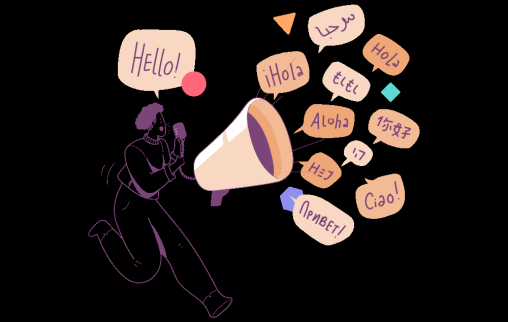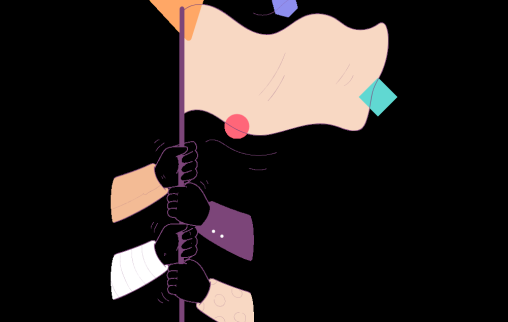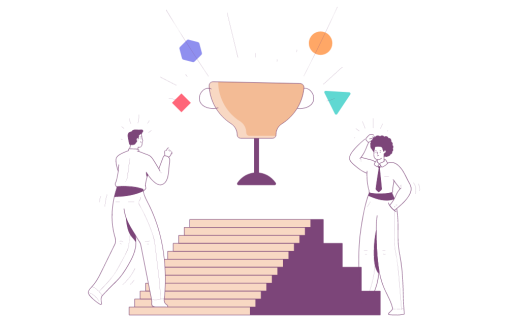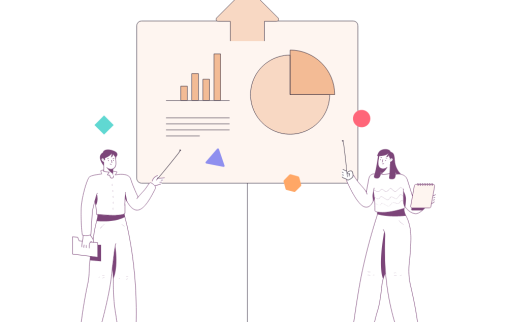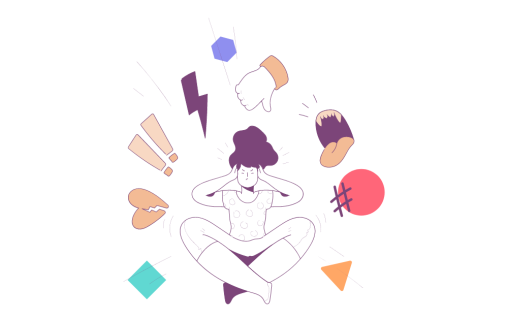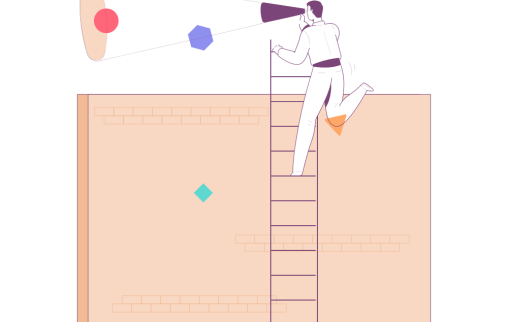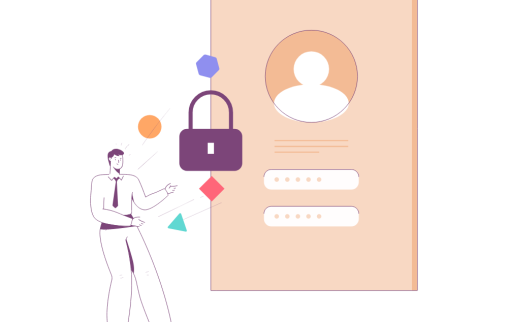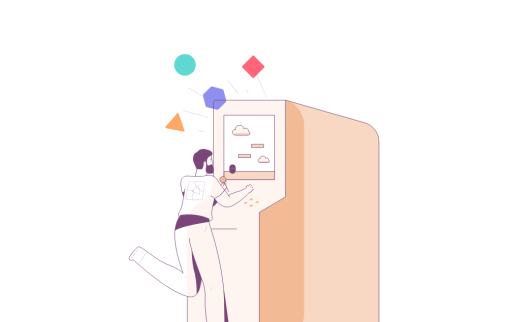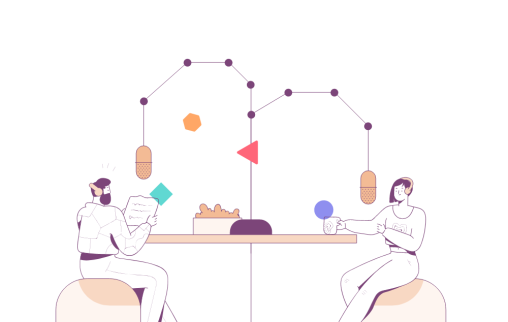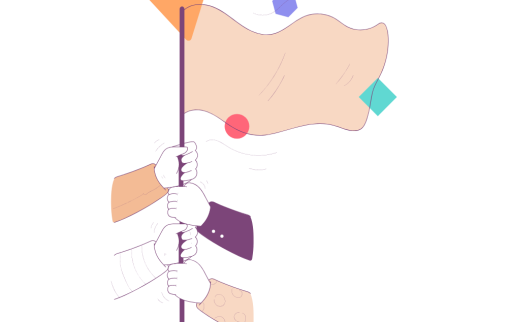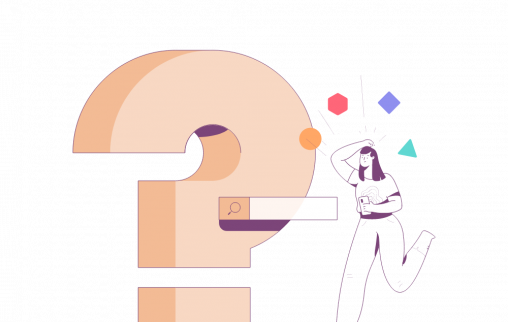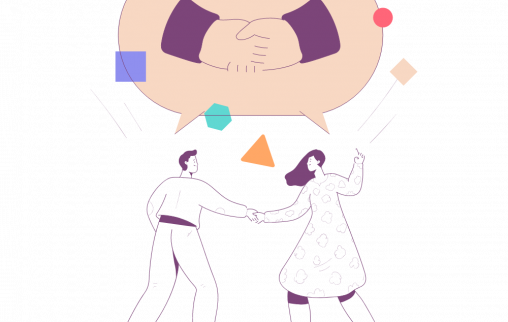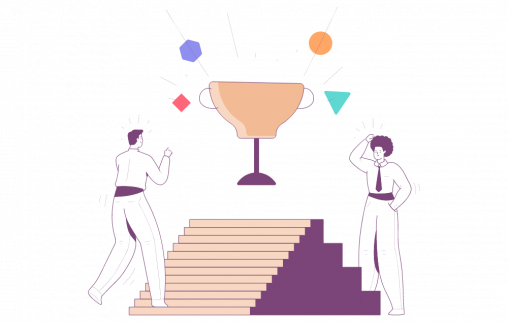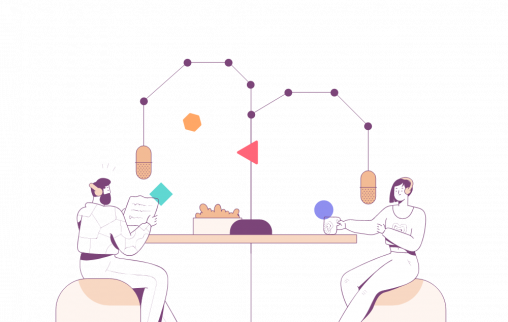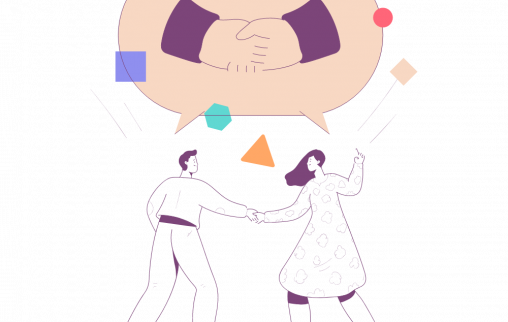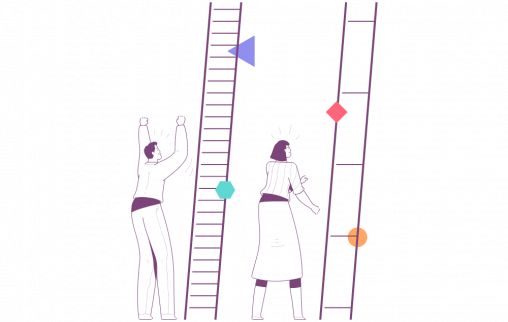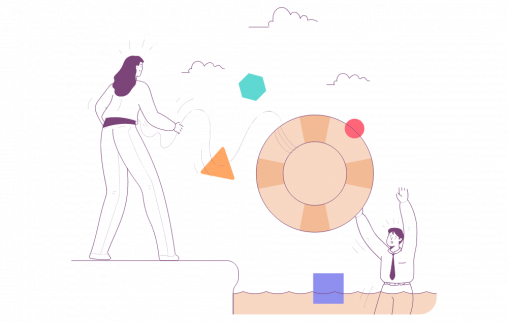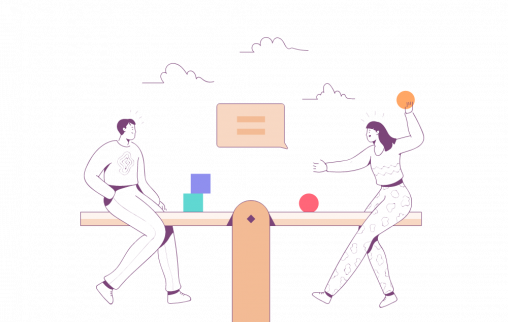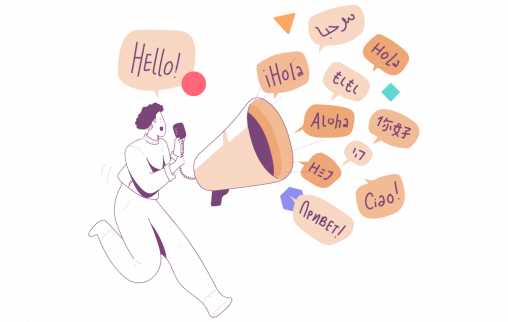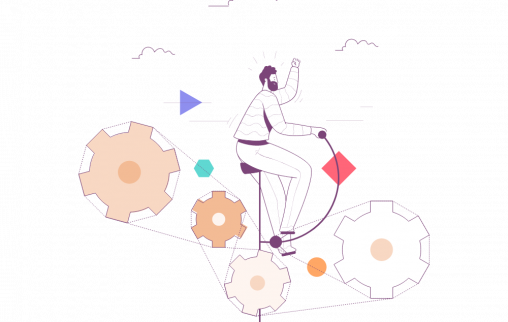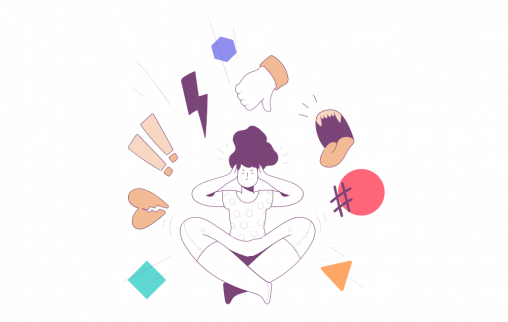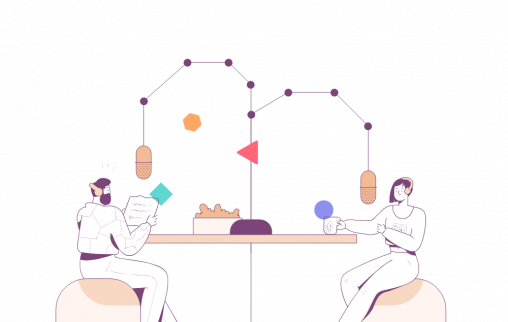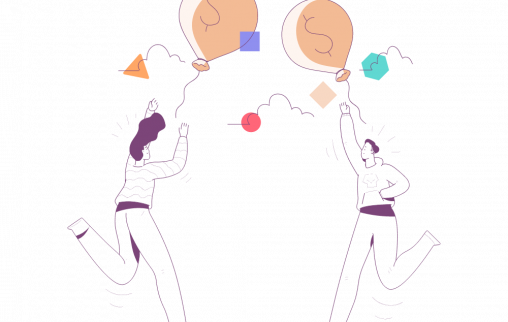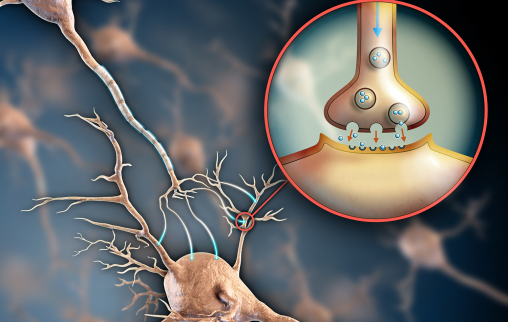What is a gambling addiction?
What exactly is a gambling addiction and is it actually an addiction? And how do you recognize problematic gambling behavior in yourself or someone else?
The answers to these questions are not always easy and straightforward. Loket Kansspel explains it according to different approaches.
According to the DSM-5
Excessive gambling is listed in the DSM-5 as a behavioral disorder (Gamble Disorder). The DSM-5 is the most recent manual that describes all psychiatric disorders. This handbook is used worldwide by psychologists, psychiatrists and other healthcare professionals to diagnose people with psychological complaints, problems and symptoms. According to the DSM-5, you have a gambling disorder if you meet four of the following in a year:
You have to gamble with increasing amounts to get a kick.
You are annoyed or restless when you gamble less or stop.
You sometimes try to gamble less or stop, but you don't succeed.
You think about gambling almost all day long. Or ways to get money.
You gamble when you feel bad. For example, if you feel anxious, depressed or guilty.
You gamble to win back lost money.
You lie about the number of hours you gamble or about the amount you lose.
You risk your relationship, work or education to be able to gamble.
You rely on others to help you get money or pay off your gambling debts.
Disorder or Addiction?
Because this is not about substance abuse, the DSM-5 (and mental health care in the Netherlands) diagnoses excessive gambling not as an addiction but as a behavioral disorder. However, popular speech does refer to a gambling addiction and the word gambling or gambling addiction is also regularly used by gambling operators themselves. And also when looking at the mechanisms behind excessive gambling on a biological and mental level, there is much to be said for calling a gambling problem not a disorder but an addiction.
Scientific studies show that people who gamble, addicted or not, produce more dopamine (Potenza, 2013), (AMC, 2017). And that's exactly what happens with many types of drugs. However, with excessive drug use, the body starts to produce less and less dopamine and this is not the case with gambling.
In addition to dopamine, people who gamble excessively also produce more endorphins, a substance that has an anesthetic effect. This also makes it easier for people who gamble to forget about the problems around them. So you could say that you do become addicted, but then to the substances that your body produces itself through gambling.
Read more about the chemistry of gambling here.
How does a gambling addiction develop?
A gambling addiction develops gradually. So you are not just addicted after gambling once. Often you are not aware that gambling is starting to take on a dangerous pattern.
Risky gambling behavior starts with a loss of control. Withdrawal symptoms can also occur. Do you recognize yourself in the points below? Then be alert.
Recognize loss of control
You lose control of your playing behaviour.
You play longer and more often.
You set boundaries for yourself, but you don't stick to them.
You keep pushing your limits a little further.
You bet more and more money.
You still play on.
You borrow money to be able to play because you want to win back the money lost.
You think you will pay back the borrowed money if you win well.
This way you get more and more under the spell of gambling. You spend less and less time on work, study or friends. You don't really understand the value of money anymore. You play with credits or chips, but do not really realize that you are playing with money and what its value is.Recognize Withdrawal
Do you want to know how your own gambling behavior is doing? Do the self-test.
Recognize Withdrawal
Do you often gamble? Then the body adjusts to processing the substance endorphins. If there is no gambling, the body makes less of this substance. The lack of endorphins makes you feel uncomfortable and make you want to gamble again. Withdrawal symptoms can also be caused by stimuli that are reminiscent of gambling such as certain sounds, the ringing of money, flickering lights, or a certain situation, place, feeling or smell.
You can no longer resist the urge to gamble. You must gamble.
You feel restless and bad if you don't give in to the need to gamble.
You feel restless and bad when you stop playing.
You can suffer from tension, irritability, poor sleep or sadness.
Do you recognize the above symptoms in yourself or someone close to you or do you have a question? Call, chat or WhatsApp about it with a professional from Loket Kansspel. This is free, anonymous and non-binding.






